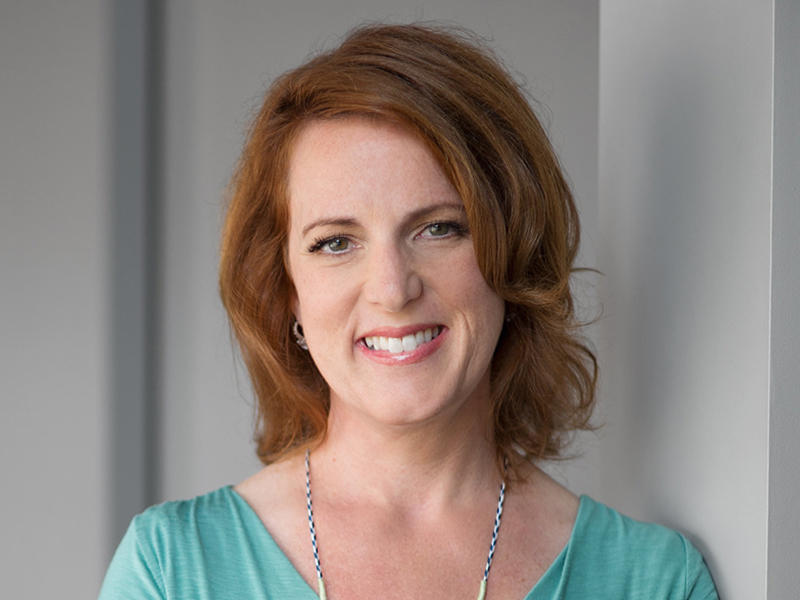
Where Are the Women?
Why we need more female newsroom leaders
PLUS
Read more stories from prominent female leaders
Why have women had such little success in turning their names into brands people want to fund? It’s not just journalism, it’s happening in other fields. There was a study out of Harvard and Wharton earlier this year that said that investors, whether male or female—so it’s not just men—prefer pitches made from male entrepreneurs over those from female entrepreneurs, even when the pitches are identical.
Then there’s also the study that was done in the legal profession that women have to be two and a half times more competent to be judged on equal footing with men. So what we know is that we just trust men’s opinions and voices more readily than we do women when it comes to being an expert. Now the question is why is that the case? I see this as being an archetype at play. I’m very focused on Jungian psychology and you’ve got this archetype of men as the swashbuckler and women as the nurturer and if you look at the masculine traits, they’re wielding power and controlling situations, and women are only feminine when they’re helping others and relating to others and nurturing. We’ve got this archetype that is deeply seated that is very difficult for us to shake. Compare Katie Couric to I think it was Peter Jennings or Dan Rather. You saw Katie Couric in the morning, we loved her in the morning because it was relational and nurturing and then when she was on the evening news she actually looked forlorn. She really did look forlorn because she was going against the archetype. Oprah has made a name for herself, not by being the expert, which we typically think of male journalists doing, but by being relational and nurturing. How can men become better allies and advocates in the workplace? Giving everyone a seat at the table is the right thing to do but I think the reality is that it’s not going to happen until a man has had a wife or a daughter or a sister who has experienced the pain of not being heard. I just don’t think it’s going to happen. No one cedes power just because. They just don’t. We don’t. Especially because most men would argue that they don’t see themselves as having male privilege in the first place. I think it is changing gradually, but it still is going to take awhile. The other piece is that men who have had an experience of being an outsider—whether it’s a man who’s been an immigrant and knows what it’s like to be an outsider—they’re more likely to include women. There’s empirical evidence that having men and women on the same team raises the team’s collective intelligence and its ability to solve complex problems. That’s going to kick in. But’s it’s still going to be gradual. Going back to disruptive innovation, men in a newsroom are the incumbents and incumbents just don’t change. I mean, why should they? It’s too painful, it’s too difficult. Because even though there’s that impulse to change and even with an organization like an Apple where they knew they needed to disrupt themselves, when they cannibalized themselves it was still themselves. In this particular situation, for a man to say, OK, I want to have this woman speak up, he’s cannibalizing himself, but there’s no actual benefit to him as an individual. So it’ll take awhile. If you go back to our disruptive innovation theme, you can’t storm the citadel, you don’t make progress. The way you make progress is you go out on the fringes where no one else is playing and you disrupt. That’s what Oprah did, that’s what you have even seen something like Pinterest do. Now, it’s not owned by women, but it’s been built by women. Oprah did the same thing. She just said: You know I’m going to take my relational, nurturing, my connectivity approach and I’m going to go out and she built an empire. Where the real change is going to come is in new entities.

